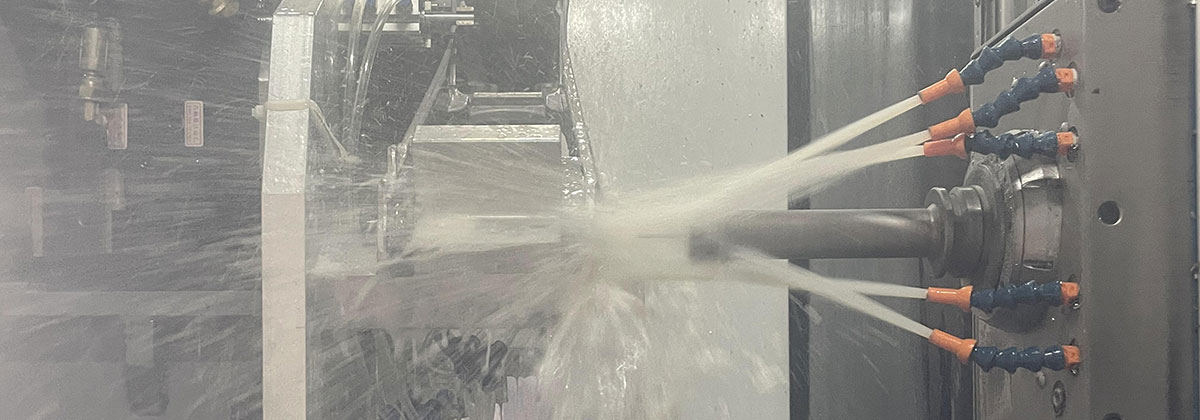When it comes to selecting cookware, two popular options are cast iron and aluminum. Both materials have their own unique characteristics and benefits, making it important to understand how they compare in terms of strength, durability, and heat conductivity.
Strength is an essential factor to consider when choosing cookware, as it determines the item’s ability to withstand physical stress and impact. Cast iron is renowned for its exceptional strength. It is dense and heavy, making it resistant to warping and deformation. Cast iron cookware can last for generations if properly cared for, making it an excellent investment for those seeking durability.
On the other hand, aluminum is a much lighter material. While not as strong as cast iron, it offers a great balance between strength and weight. Aluminum cookware is less likely to chip or crack, making it a suitable choice for those who prefer a lighter option without compromising durability.
Durability is another crucial factor when assessing cookware options. Cast iron is highly durable, capable of withstanding high temperatures and retaining heat for extended periods. It is also resistant to scratching and can handle rough handling. However, cast iron is prone to rust if not seasoned and dried properly after each use. Regular maintenance, like seasoning with oil, is essential to keep cast iron cookware rust-free and in optimal condition.
Aluminum, while not as durable as cast iron, can still withstand high temperatures and is resistant to corrosion. However, it is more prone to scratching and denting, which can affect its lifespan. To enhance its durability, many aluminum cookware manufacturers apply non-stick coatings, further protecting the material from wear and tear.
Heat conductivity is a critical aspect to consider, as it determines how evenly heat is distributed across the cooking surface. Cast iron has excellent heat retention capabilities, allowing it to hold and distribute heat evenly. This feature is ideal for slow cooking, searing, and braising. However, cast iron takes longer to heat up initially.
Aluminum has exceptional heat conductivity, heating up quickly and evenly. This makes it suitable for tasks that require rapid heat changes, such as frying and sautéing. While aluminum distributes heat evenly, it does not retain heat as effectively as cast iron. Consequently, dishes cooked in aluminum cookware may cool down faster once removed from heat.

It is important to note that cast iron and aluminum have different reactions with certain types of food. Acidic ingredients can react with cast iron, causing a metallic taste in food. Aluminum, on the other hand, can react with certain foods, resulting in a slightly altered taste.
Both cast iron and aluminum have their own strengths and weaknesses. Cast iron offers exceptional strength, durability, and heat retention but requires regular maintenance to prevent rust. Aluminum, while not as strong or durable, heats up quickly, distributes heat evenly, and is resistant to corrosion. When selecting between the two, it is crucial to consider your cooking preferences, desired durability, and upkeep requirements. Ultimately, both cast iron and aluminum can be excellent choices for different cooking needs.
-

- Maßgeschneiderte Metallteile für das Macbook-Mittelbrett hergestellt
-

- Magnesium-Thixomolding-Teile UAV-Gehäuse
-

- Hochpräzises Druckguss-Lenkrad für die Automobilindustrie
-

- Thixomolding-Druckguss-UAV-Teile aus Magnesiumlegierung
-

- Großhandels-Magnesium-Legierungs-Baby-Zyklus für 3 bis 5 Jahre alte 12-Zoll-Kinderzyklus OEM billig
-

- Starrgabel aus Magnesiumlegierung für Fahrräder - kundenspezifische Druckguss-Metallteile

 0086-750-5616188
0086-750-5616188 +86 13392089688
+86 13392089688 sales@zhongmei-tech.com
sales@zhongmei-tech.com







